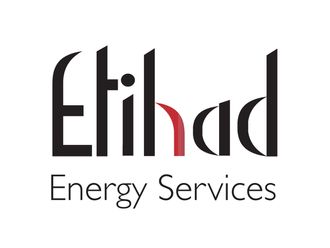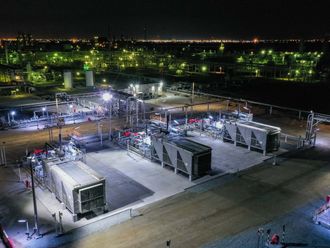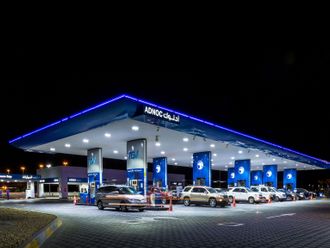Abu Dhabi: Optimism is grows about a possible Opec deal in Vienna next week, though doubts persist still persist whether Opec can rebalance the market and remove a global supply glut that has dogging the oil markets for two-and-half years.
Oil prices rose on Monday to their highest in three weeks with the global benchmark Brent trading at $47.80 barrels per day, up by more than two percent at 4:30 pm UAE time.
West Texas Intermediate was trading at $46.56 per barrel in the anticipation of a deal between Opec member countries to cut production in their next meeting in Vienna on November 30.
“We’ve been were very close to Opec deal in the past year few times only to fall apart in the last minute. That’s a strong risk at this meeting but market seems to be gearing up as if some kind of a deal would be announced and implemented with the increase in oil prices and positive statements coming from Opec ministers,” said Edward Bell, a commodity analyst from Emirates NBD speaking to Gulf News on the possibility of an accord.
He said even if Opec countries reach an agreement, its implementation could be a big challenge as some member countries might try to cheat and increase output.
“There is no clear mechanism within Opec as to how they would enforce the implementation of any cuts or freeze. There is no punishment system within Opec for the violators of the deal.”
When asked whether there will be cooperation between Opec and Russia, he said Russia might be open to freezing production than to cut output due to dynamics of Russian oil industry.
“Past history shows that cooperation between Russia and Opec has been pretty poor. Even if there was a deal between them, whether or not they will adhere is uncertain. Other oil producing countries like Brazil are vocal about increasing production regardless of what Opec decides.”
In case of Iran, he said medium term outlook from the middle of 2017 and beyond is for more Iranian production and not less.
“They have gone through this very long process of trying to come up with new contracts and make investments more attractive with an intention to increase production not to decrease it.”
Mihir Kapadia, Chief Executive Officer at London based Sun Global Investments said the Opec production freeze is vital to sustain the oil price futures.
“Currently oil prices are fluctuating solely based on market reactions and expectations, and even the Opec group surely recognises that. When we speak collectively of the group, we fail to recognise there are varying factions in play with Iran and Saudi Arabia at the helm,” he said in an emailed statement to Gulf News.
Though member countries are pledging their support to the agreement but bottlenecks still remain with Iran, Libya, Iraq and Nigeria seeking an exemption from the deal.
Iran is seeking exemption so as to increase production to reach pre-sanction levels of four million barrels per day. Iran’s current production is estimated to be about 3.69 million barrels per day.
Libya, Iraq and Nigeria are seeking exemption citing disruptions to their supplies and Iraq wants to increase production to raise more cash to fight Islamic state militants.












